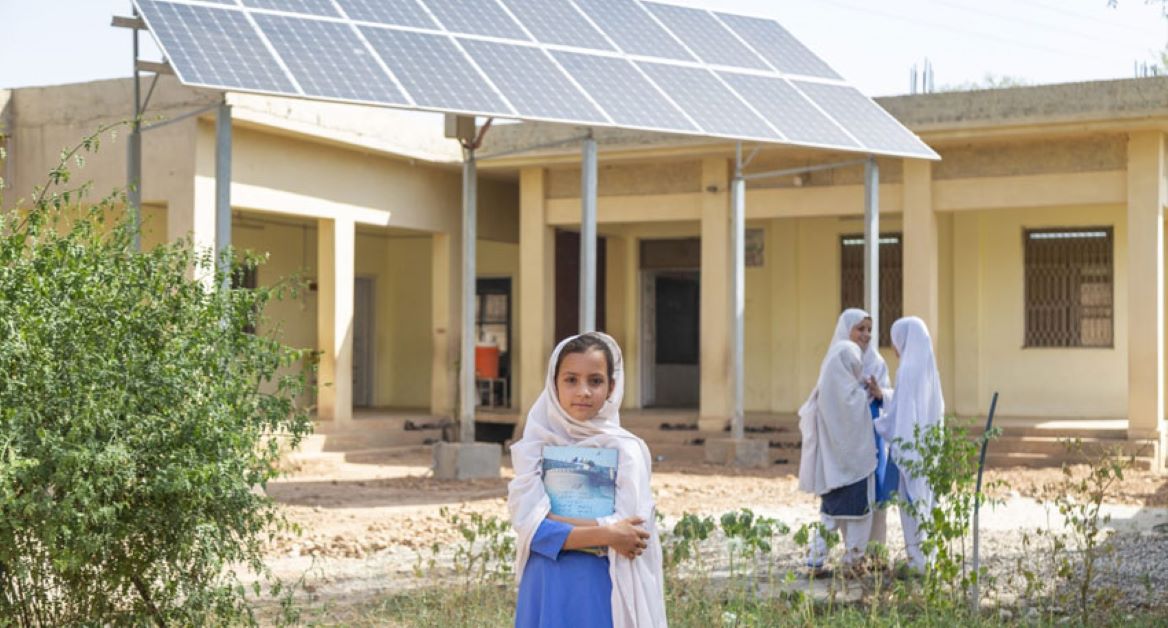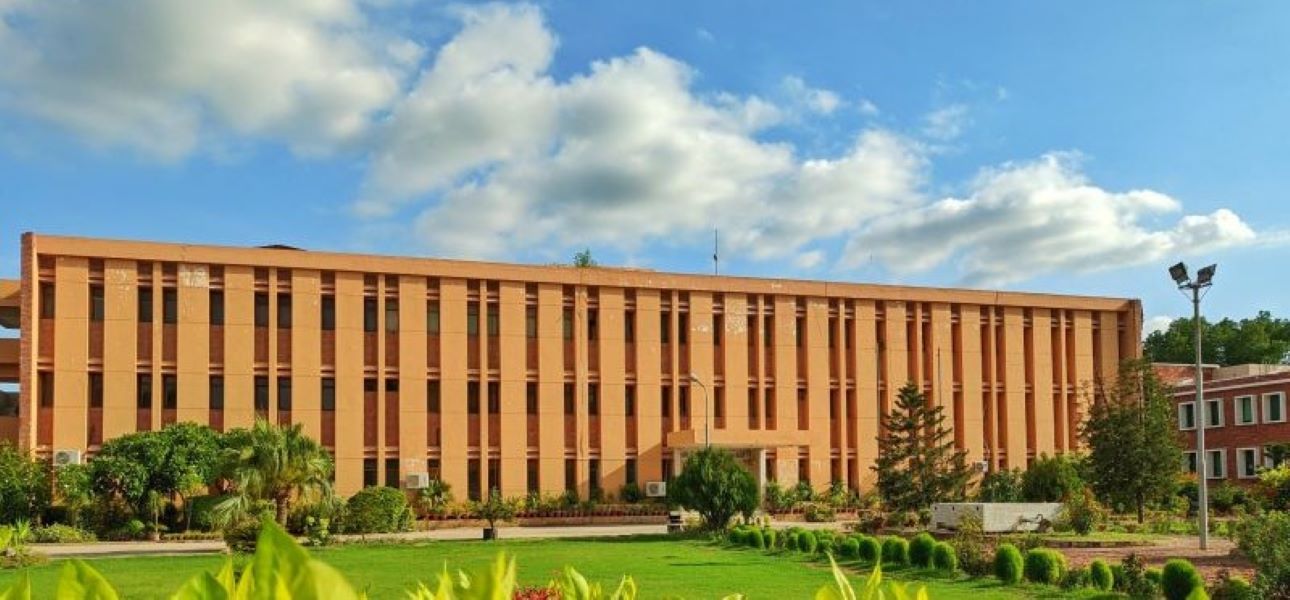The province of Punjab is taking a bold and visionary step by announcing its decision to transition all higher primary and secondary of Punjab schools to solar energy. This transformative initiative, led by the Punjab Department of School Education, reflects a growing commitment to renewable energy and sustainable development in Pakistan. As the impacts of climate change become more visible and energy needs increase, this move promises to bring long-term benefits to the education sector and the environment alike.
According to the department, 100 percent of higher primary and secondary schools in the province will eventually run on solar power. This decision is not only a stride toward energy conservation but also a major leap in reducing dependence on non-renewable resources. Currently, out of 861 functioning higher and secondary schools in Punjab, only a limited number have made the switch to solar power. Specifically in Lahore, out of 21 schools identified for conversion, just four have been equipped with solar panels so far.
Deadline and Data Collection for Solar Implementation
In light of these figures, authorities have directed the compilation of updated data to track the status of solar implementation across schools. School administrators have been officially instructed to submit comprehensive details about their institutions’ solar needs. This data must be submitted by June 30, 2025, marking a deadline that underlines the urgency and seriousness of the government’s renewable energy ambitions.
Independent Efforts and Financial Challenges
- Several schools have independently installed solar systems without formal government support.
- These efforts highlight a lack of public funding and logistical backing.
- Rising electricity costs and frequent power outages have motivated school principals to act on their own.
- These independent actions emphasize the need for a more organized, government supported approach to solar energy implementation.
Concerns Raised by Punjab Teachers Union
Rana Liaquat Ali, the General Secretary of the Punjab Teachers Union (PTU), voiced concerns about the financial strain placed on certain schools. He noted that the initiative to convert Punjab schools to solar Power has been circulating for over five years, yet many institutions are still waiting for proper support. In some cases, school administrations reportedly collected around 15,000 rupees from teachers’ personal funds to install solar panels an act that underscores both their commitment and the pressing need for assistance.
Demand for Government Funded Solar Solutions
Rana Liaquat Ali also called on the provincial government to provide all necessary equipment and resources free of cost to schools across Punjab. By doing so, he argued, the province can ensure that every institution regardless of its financial standing can benefit equally from the solar energy transition. His statements resonate with many who believe that investing in renewable energy for education is not just an environmental responsibility but also a social one.
Government’s Directive and Accountability Measures
- The Education Department has issued a stern warning to school principals.
- Principals who do not submit the required data will face disciplinary action.
- This approach shows the department’s commitment to a smooth and inclusive solar transition.
- Accurate data will help the government allocate funds, plan installations, and track progress efficiently.
The Broader Benefits of Solar Energy in Schools
Solar power in Punjab schools offers numerous benefits beyond just lowering electricity bills. It provides a reliable and sustainable power supply, particularly in remote areas where load-shedding often disrupts daily routines. Additionally, adopting clean energy serves as a powerful example for young learners, teaching them the importance of environmental stewardship from an early age.
A Strategic Move for Pakistan’s Energy Future
This forward-thinking plan is also in line with Pakistan’s broader goals for energy conservation and climate action. With the cost of solar technology decreasing and the demand for electricity steadily rising, shifting to renewable energy sources in educational institutions is both practical and strategic. It reduces the government’s utility burden while setting the stage for a greener and more resilient infrastructure.
Public Expectations and the Road Ahead
- Schools are submitting solar data.
- Public expectations are increasing.
- Concerns over possible unfulfilled promises.
- Proper planning can make Punjab a clean energy model.
Empowering the Next Generation through Sustainability
At the heart of this important shift lies the potential to empower future generations not just through academic education, but by introducing them to the values of sustainability, innovation, and responsibility. Equipping schools with solar panels is more than a technical upgrade; it’s a cultural transformation that signals Pakistan’s readiness to embrace a cleaner future.
Parhlo Pakistan: Highlighting Positive Change in Education
In this context, Parhlo Pakistan is proud to support and share meaningful developments in education and sustainability across Pakistan. As a growing educational platform, Parhlo Pakistan is committed to providing timely news, resources, and insights that empower students, educators, and communities alike. With a focus on academic excellence and national progress, Parhlo Pakistan highlights initiatives such as the solar school transition to inspire positive change and informed awareness.
Conclusion
Punjab’s decision to convert all schools and colleges to solar power is a strong statement of intent. It signifies a hopeful move toward cleaner energy, better infrastructure, and a more equitable educational landscape. If executed with commitment and transparency, this ambitious project could light the way literally and figuratively for millions of students across the province.




